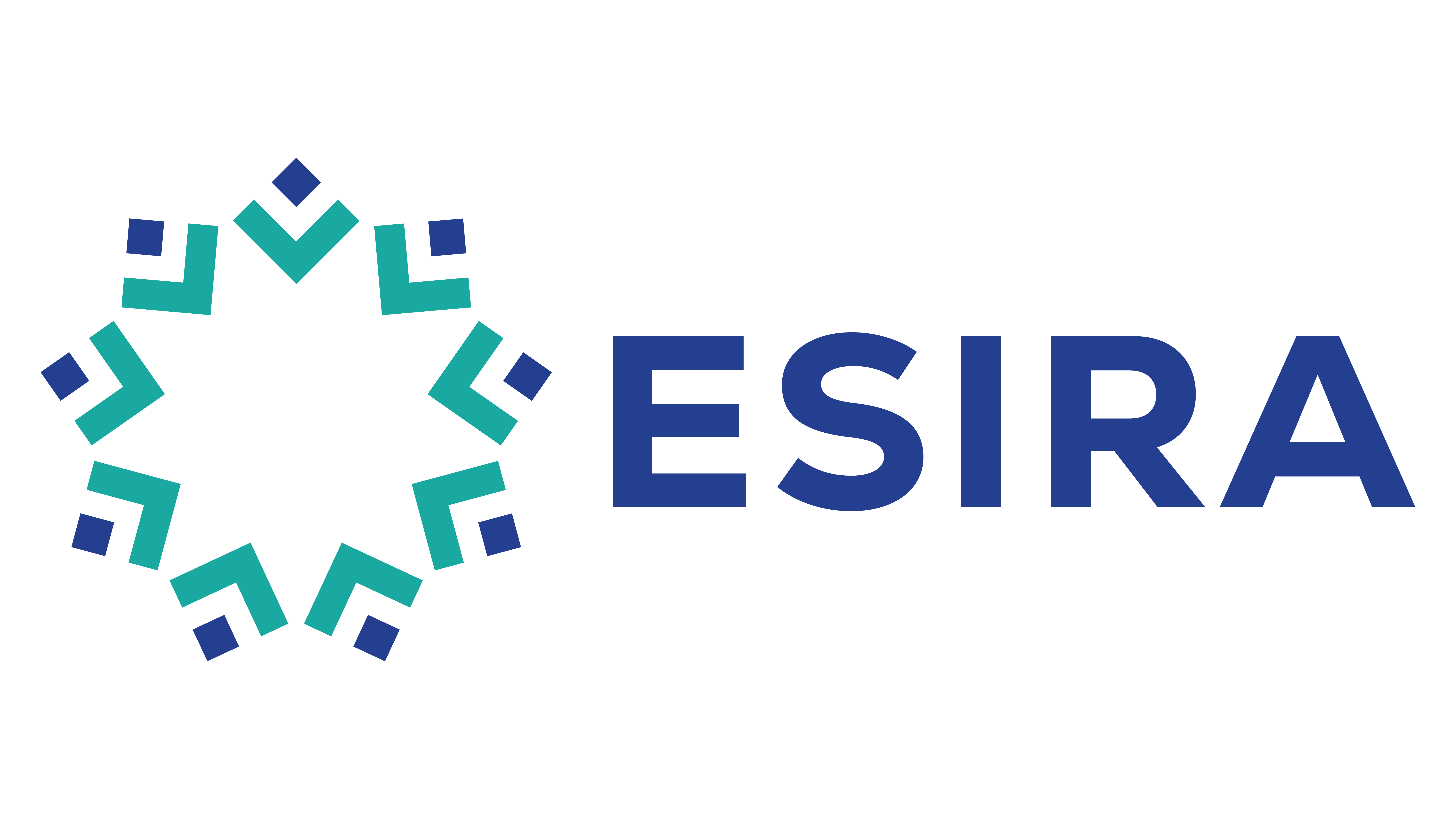ABOUT PROJECT
Rural, mountainous, and isolated areas constitute nearly 80% of the territory of the European Union and encompass 57% of the total population of Europe. These areas are of significant economic importance, reflected in the fact that they generate 46% of the total gross value added in Europe. Moreover, the majority of natural landmarks, segments of cultural heritage, and historical monuments are located in rural and mountainous areas. However, these areas face substantial social challenges. Issues such as low per capita gross domestic product, high unemployment, low wages, and rapid population aging significantly burden the residents of rural communities.
The ESIRA project is established with the aim of reducing the risk of poverty and social exclusion for marginalized groups in rural communities. Through innovative economic practices, the creation of strong social networks, and the enhancement of participatory policies, ESIRA seeks to ensure inclusive development of rural communities, with an emphasis on economic sustainability and the protection of cultural heritage.
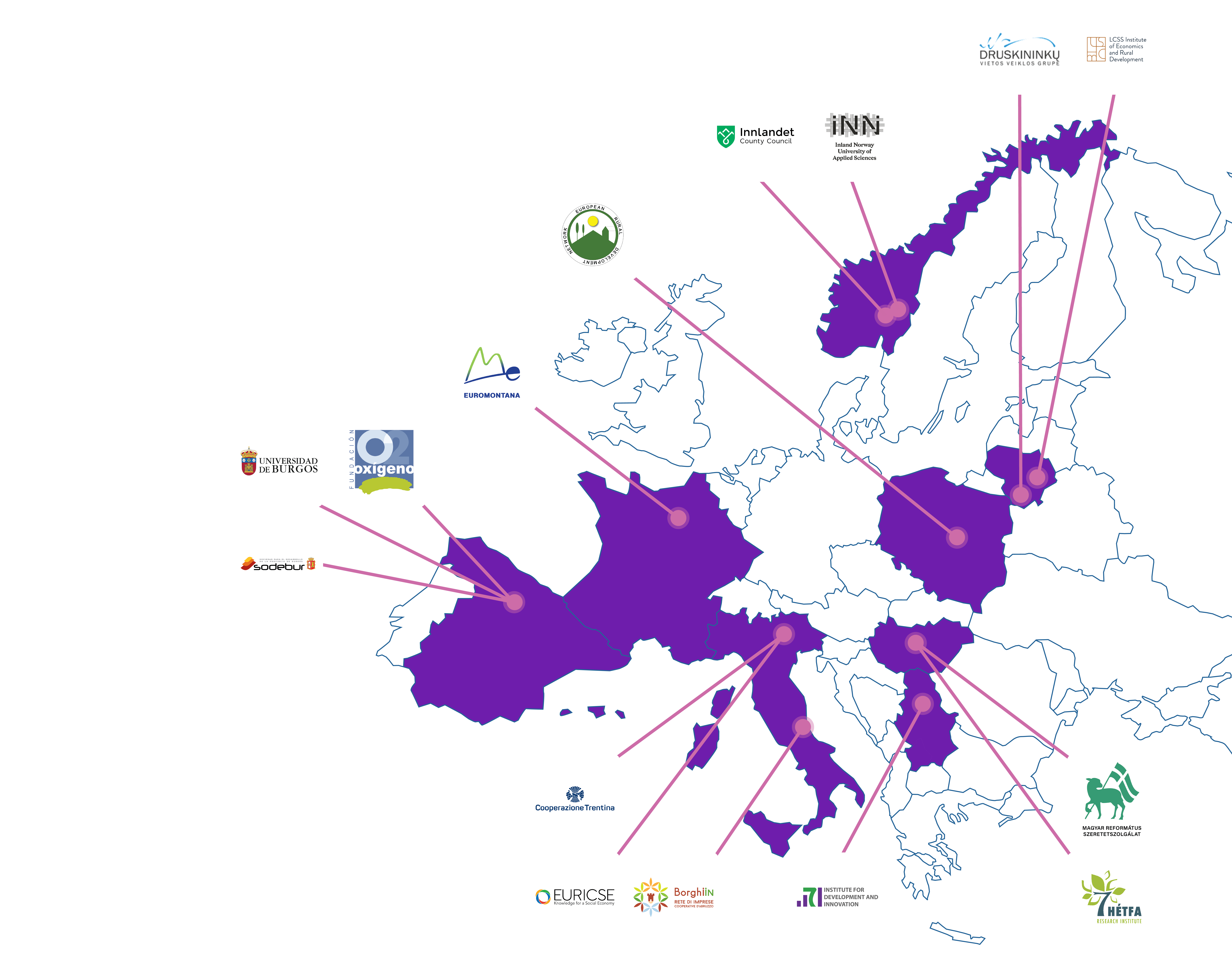
Partners
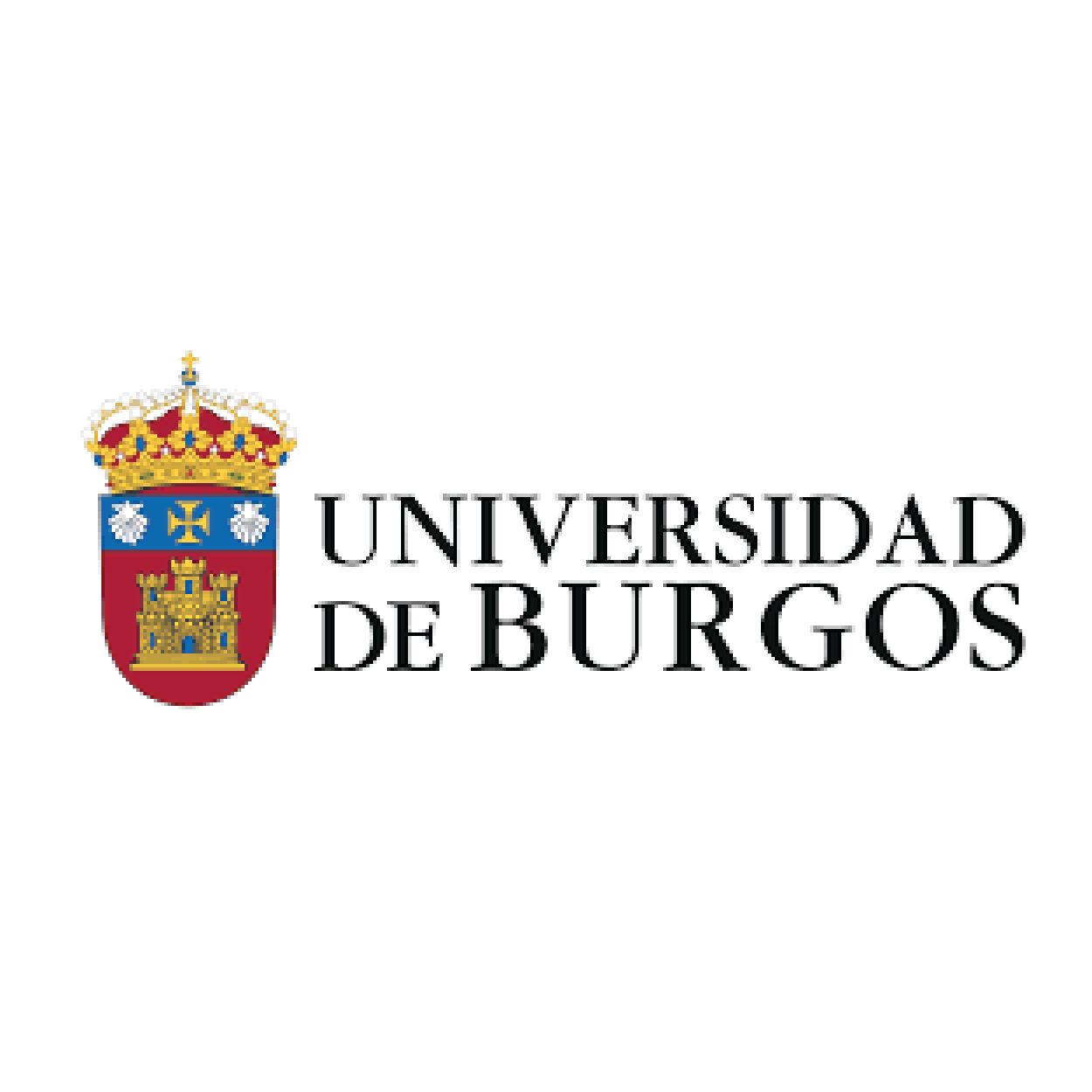

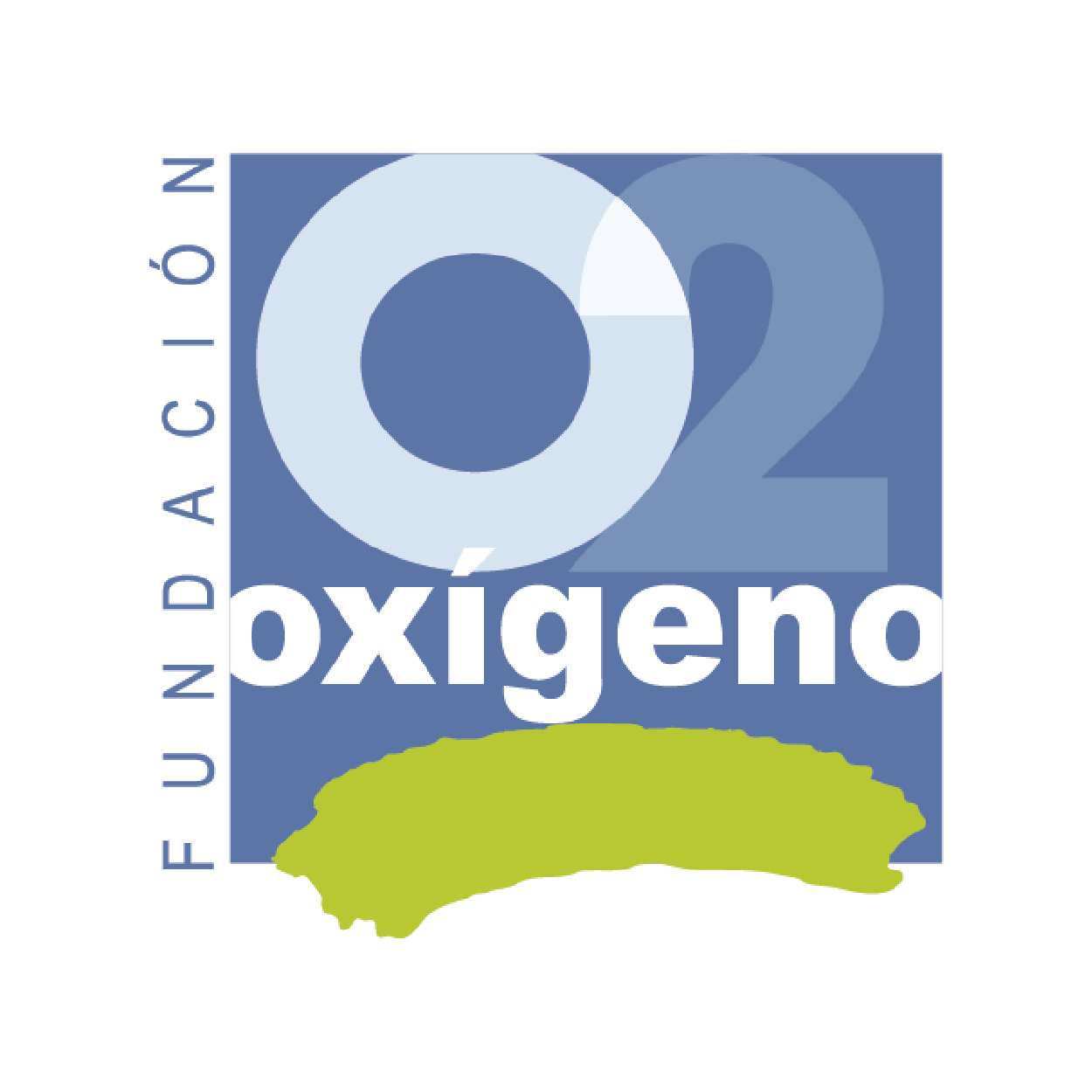
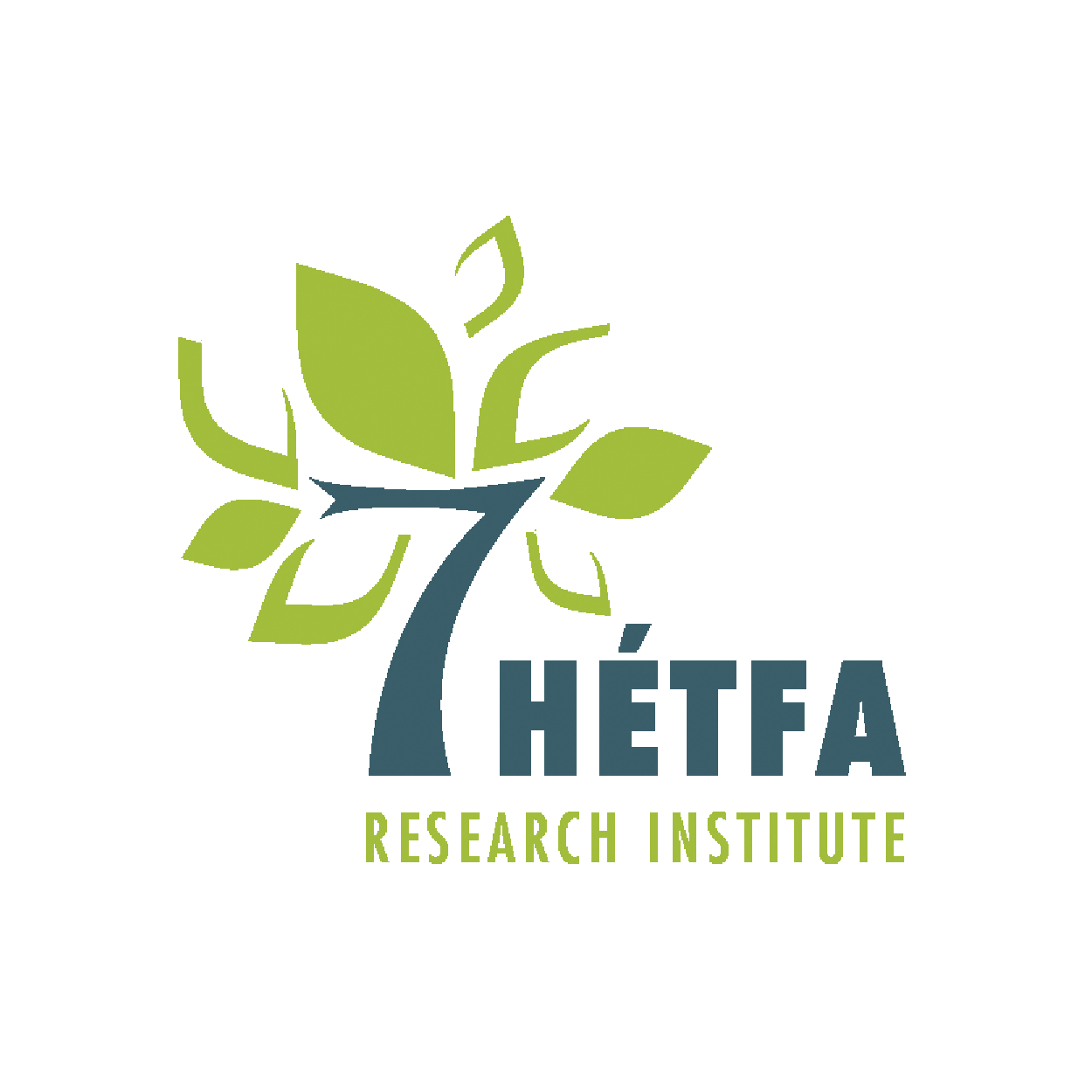
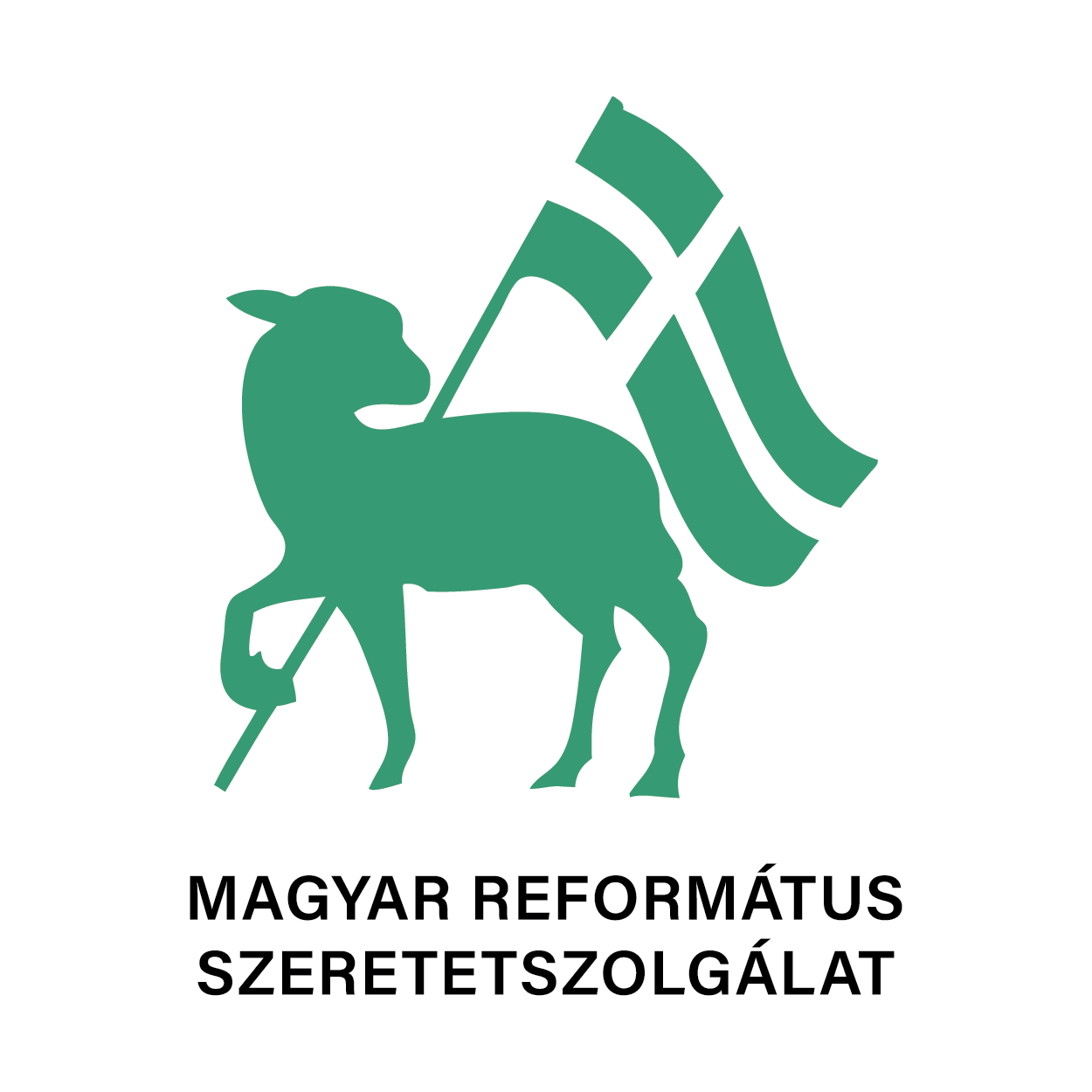

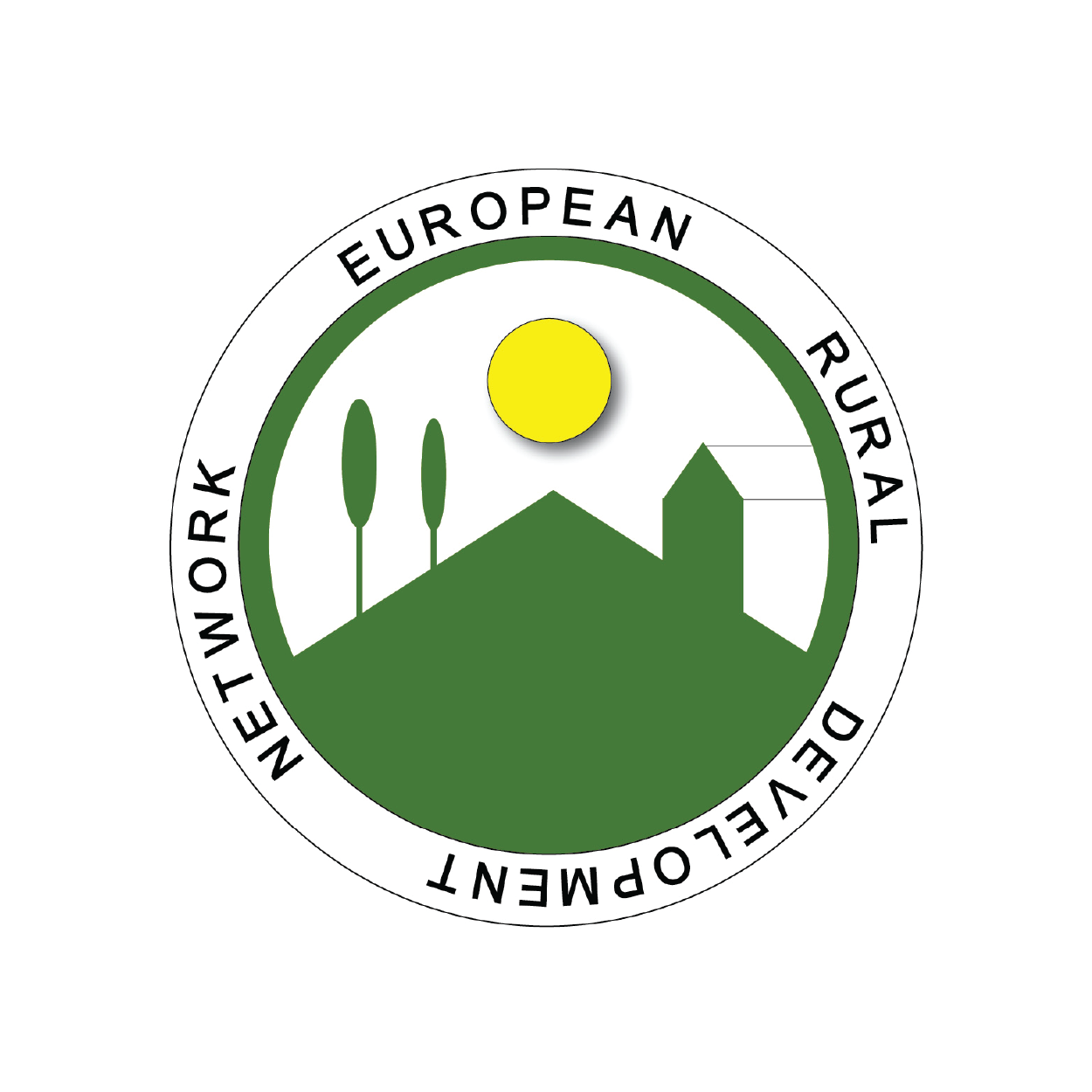
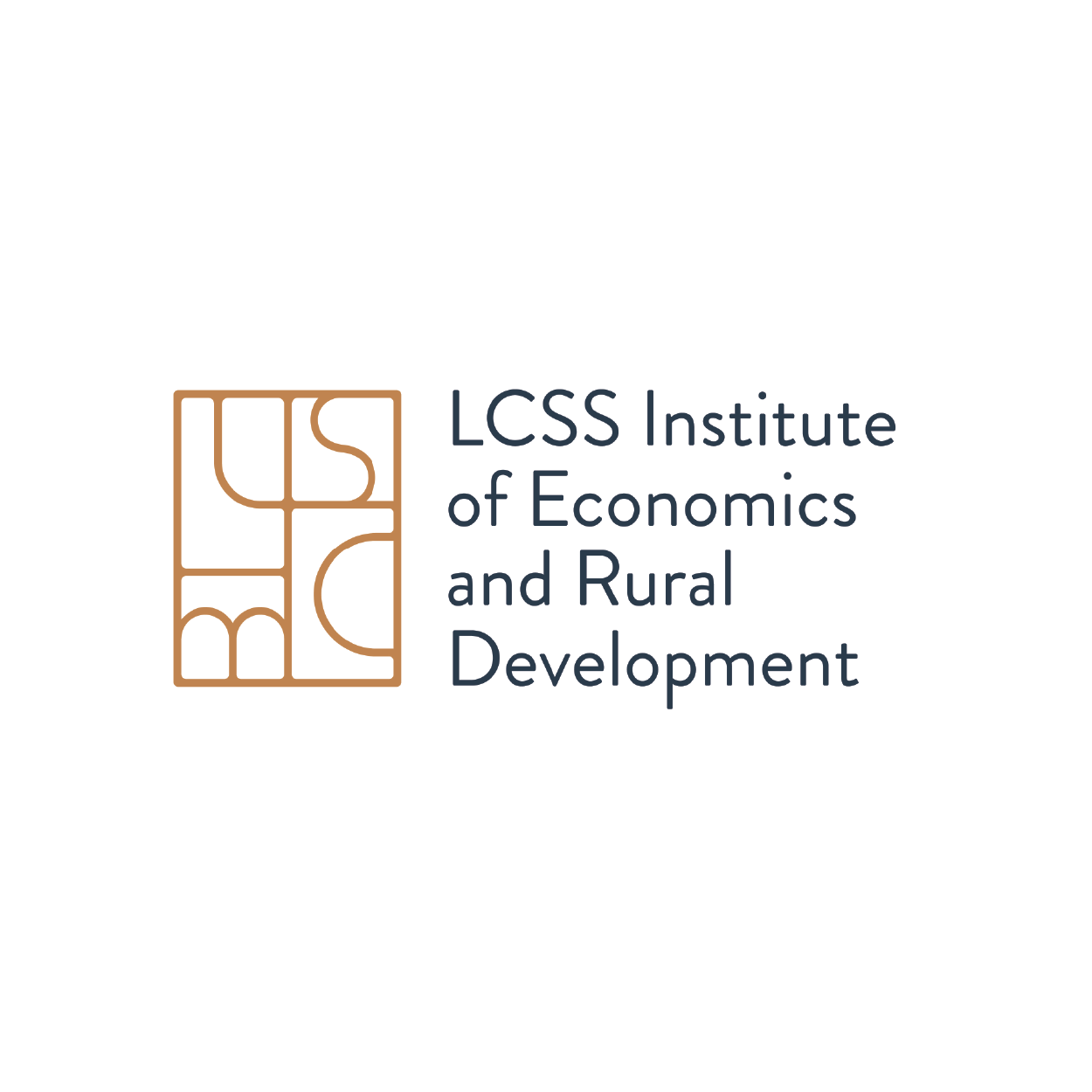


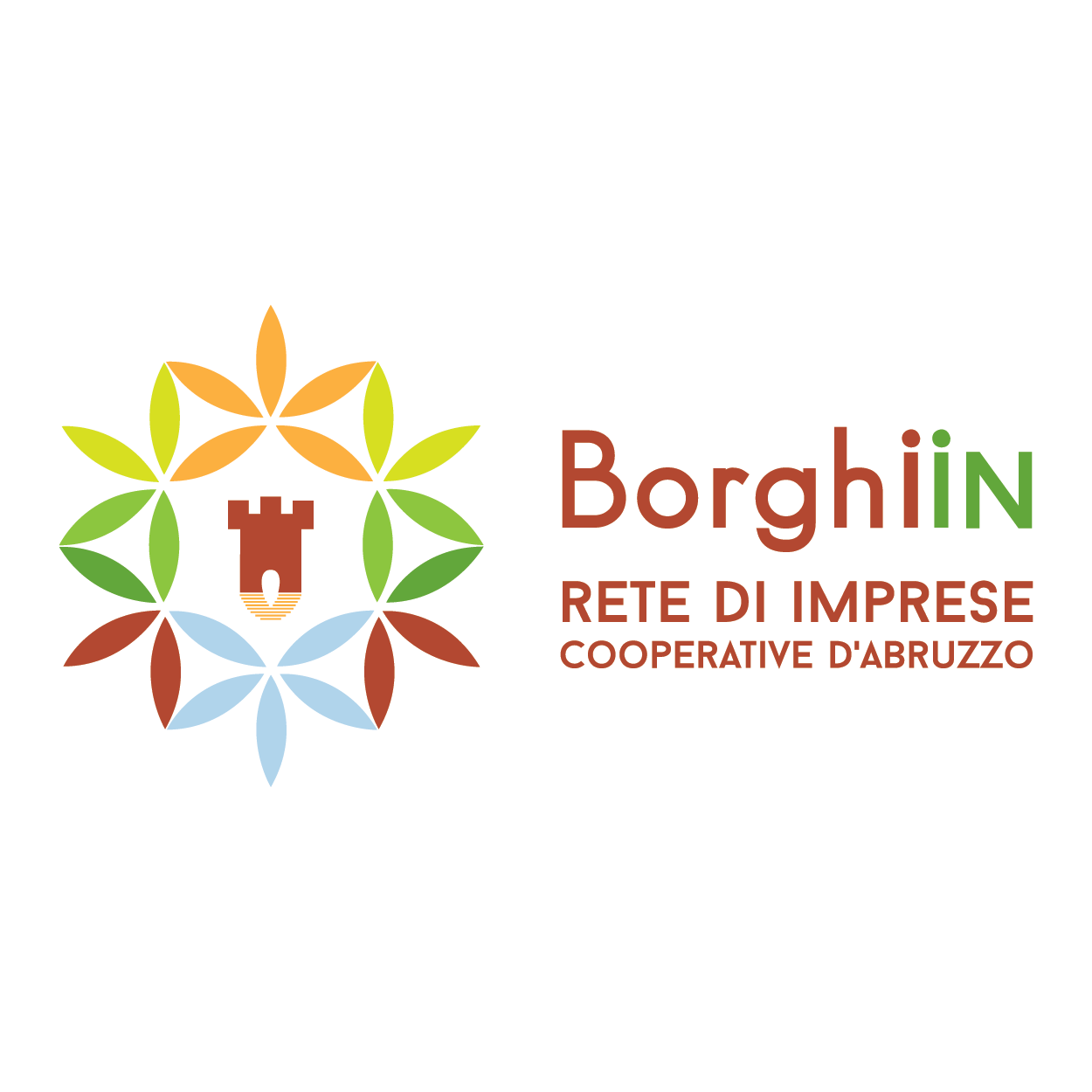
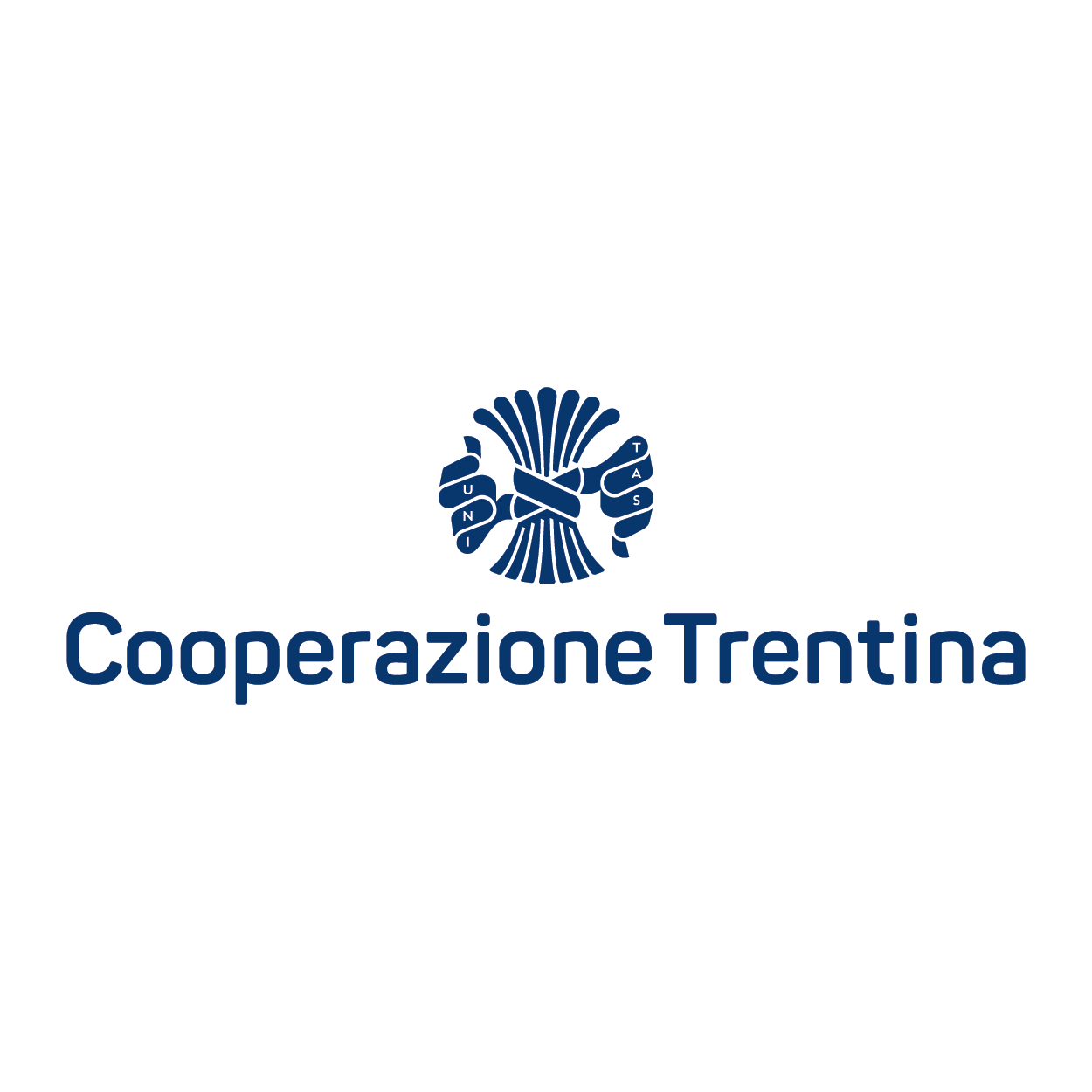
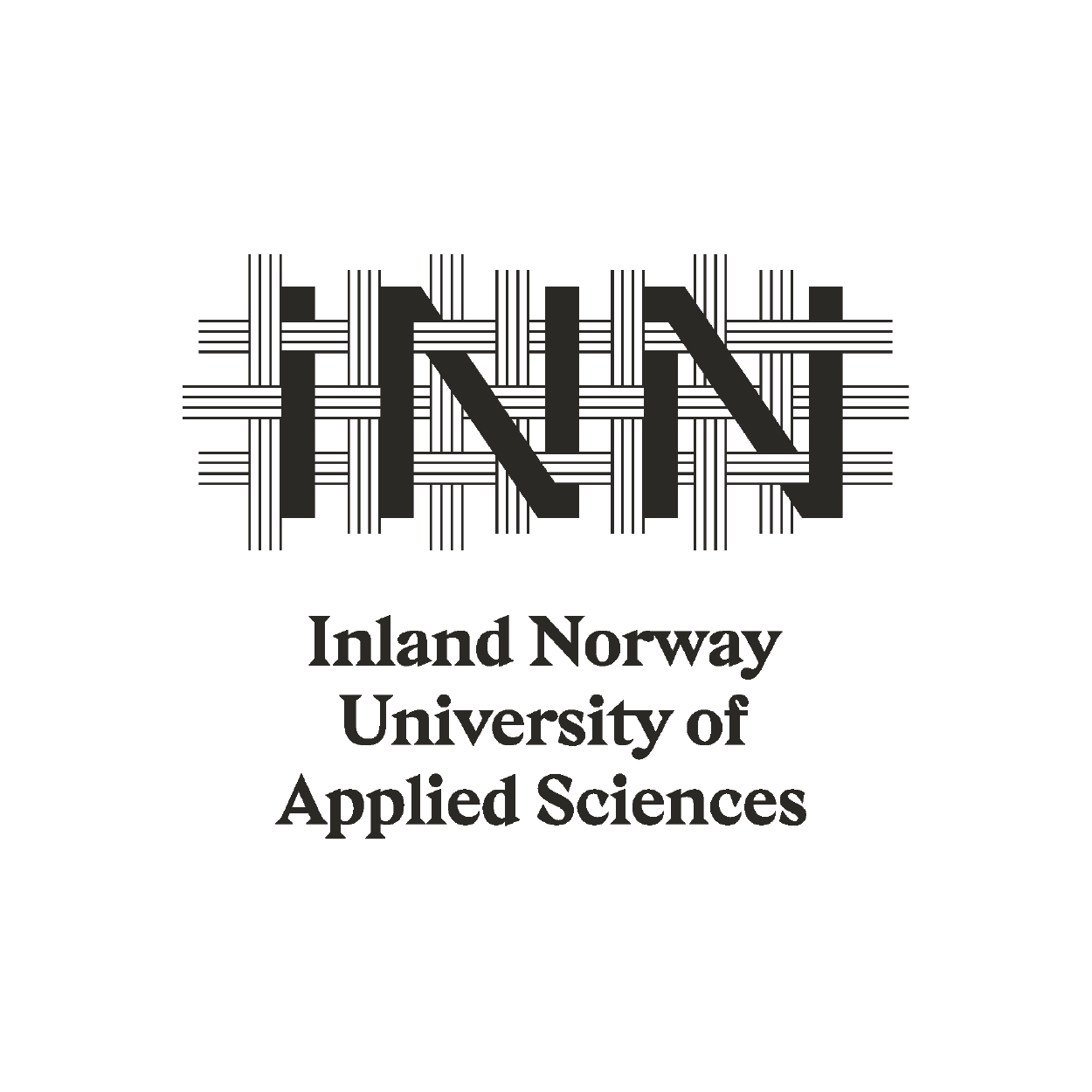
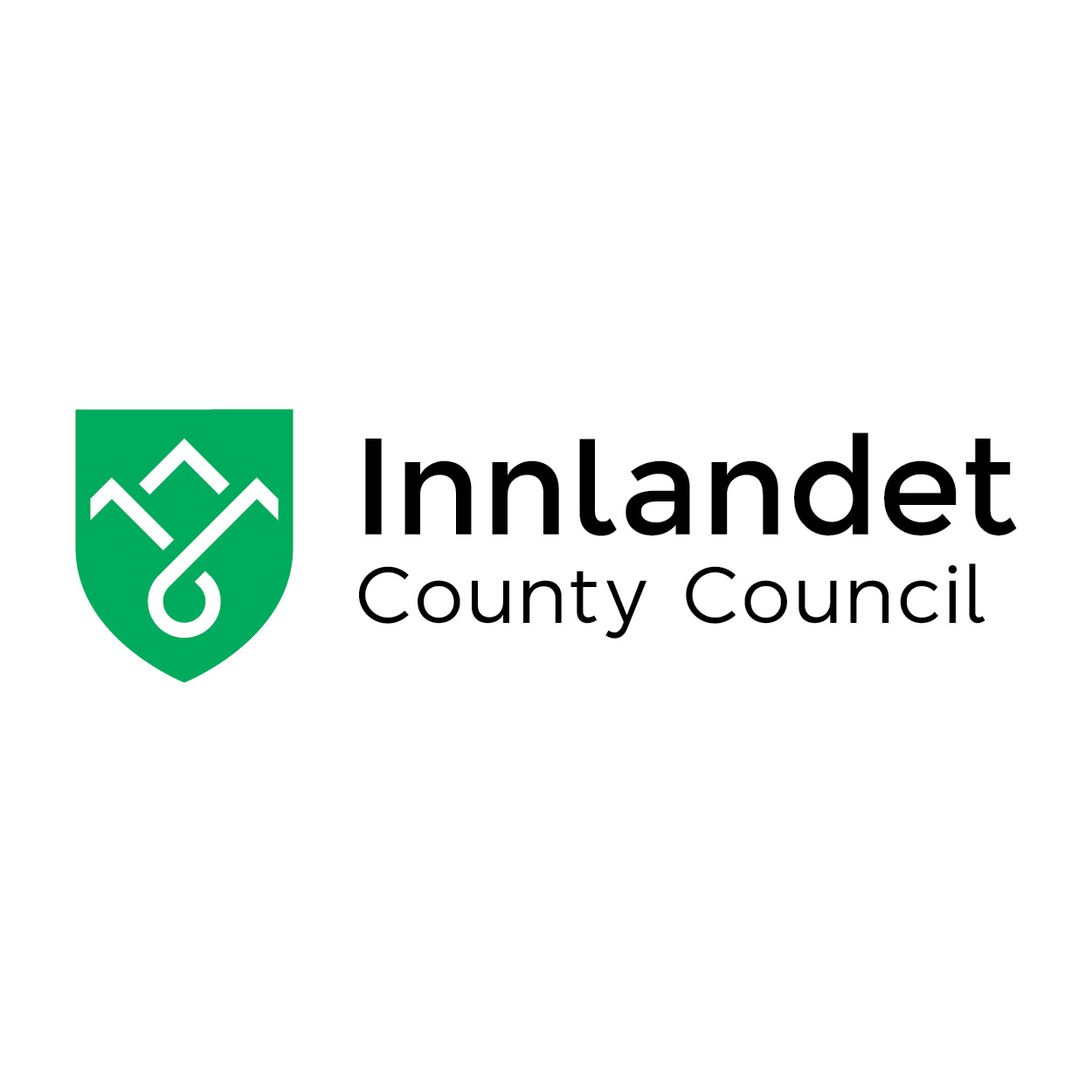

Advisory board
The ESIRA project will be overseen by an advisory board composed of experts from various fields, including economics, sociology, rural development, and cultural heritage. This board will provide expert leadership and advice to ensure the successful implementation of the project. Their role will be to monitor progress, provide strategic guidance, and adapt approaches according to changes in the environment. They will also work on connecting the project team with relevant resources and networks to ensure that the ESIRA project achieves its goals in improving the socio-economic conditions in rural communities.
